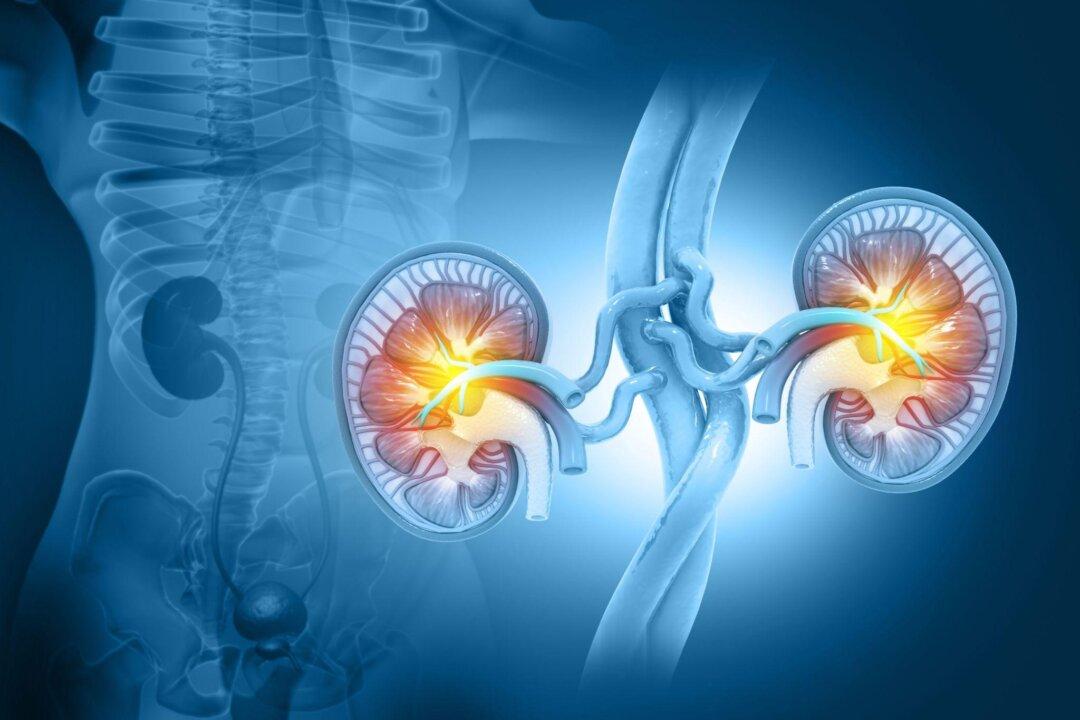Our bodies undergo various changes as we age, creating new nutritional needs. A well-balanced diet tailored to these needs is essential for seniors to maintain good health.
On the “Health 1+1” program, Yi-Ling Huang, a nutritionist from Koii Nutrition in Taiwan, discussed key nutrients that older people should prioritize to prevent muscle loss and support cognitive function.
Essential Nutrients for Seniors
In her clinical practice, Huang has observed that seniors often lack four essential nutrients: calcium, iron, folic acid, and vitamin B12. She recommends increasing vegetable intake to ensure sufficient folic acid and fiber. For those with high cholesterol, lean meats are a beneficial option to boost iron intake, while milk is an excellent source of both calcium and vitamin B12.To maintain a balanced diet, it is advisable to include six main food groups daily: whole grains, vegetables, fruits, proteins (such as beans, fish, eggs, and meat), dairy, and healthy fats (such as oils, nuts, and seeds). Seniors should aim to distribute these groups evenly across three regular meals, Huang said.
Monitoring Caloric Intake
Seniors can effectively monitor their food intake by keeping an eye on their weight, Huang noted. If there is a noticeable change over three months—especially an unintentional loss of about 2 to 6 pounds (1 to 3 kilograms)—it is important to assess whether the caloric intake is sufficient.Tips for Boosting Protein Intake
Research has shown that sarcopenia, the loss of muscle mass and strength, not only reduces quality of life for seniors but is also associated with an increased risk of mortality. Poor nutrition and insufficient physical activity are key factors contributing to sarcopenia.The five primary sources of high-quality protein are beans, fish, meat, eggs, and dairy, Huang said. A general guideline is to eat roughly 0.5 to 0.7 grams of protein per pound of body weight (1 to 1.5 grams per kilogram). This translates to one egg and at least one glass of milk daily, along with a serving of beans, fish, or meat roughly the size of your open hand at each meal. Such protein intake can help prevent sarcopenia, and when combined with strength training, it may also support muscle growth.
Some seniors may have difficulty chewing or experience a reduced appetite, resulting in a low intake of calories and protein. To counter this, Huang recommends incorporating nutrient-dense recipes to boost calorie intake. For example, substituting milk or organic soy milk for water when steaming eggs or making custard with milk and eggs for dessert can effectively increase both protein and calorie intake.
To accommodate seniors’ dietary needs, food texture can be adjusted during preparation. Fruits like pineapple, papaya, and kiwi contain natural enzymes that break down proteins in meat, making it more tender when marinated together. Additionally, softer-textured foods such as chicken, fish, shellfish, tofu, edamame, spinach, sweet potato leaves, onions, radishes, eggplant, and tomatoes are also good options, according to Huang.
Breakfast Recommendations
A 2019 study found that skipping breakfast was significantly associated with a higher risk of death from cardiovascular disease. Eating a nutritious breakfast is essential for meeting daily nutritional and calorie needs, Huang noted. She recommends the following three balanced breakfast options:- Eggs with meat or fish, a side of vegetables, and a glass of milk. For added nutrition, try mixing oats or multigrain powder into the milk.
- Toast topped with an egg or slices of pork loin, along with a glass of milk or organic soy milk.
- A green smoothie (made with vegetables and fruits) blended with multigrain powder to boost calorie and protein intake.






